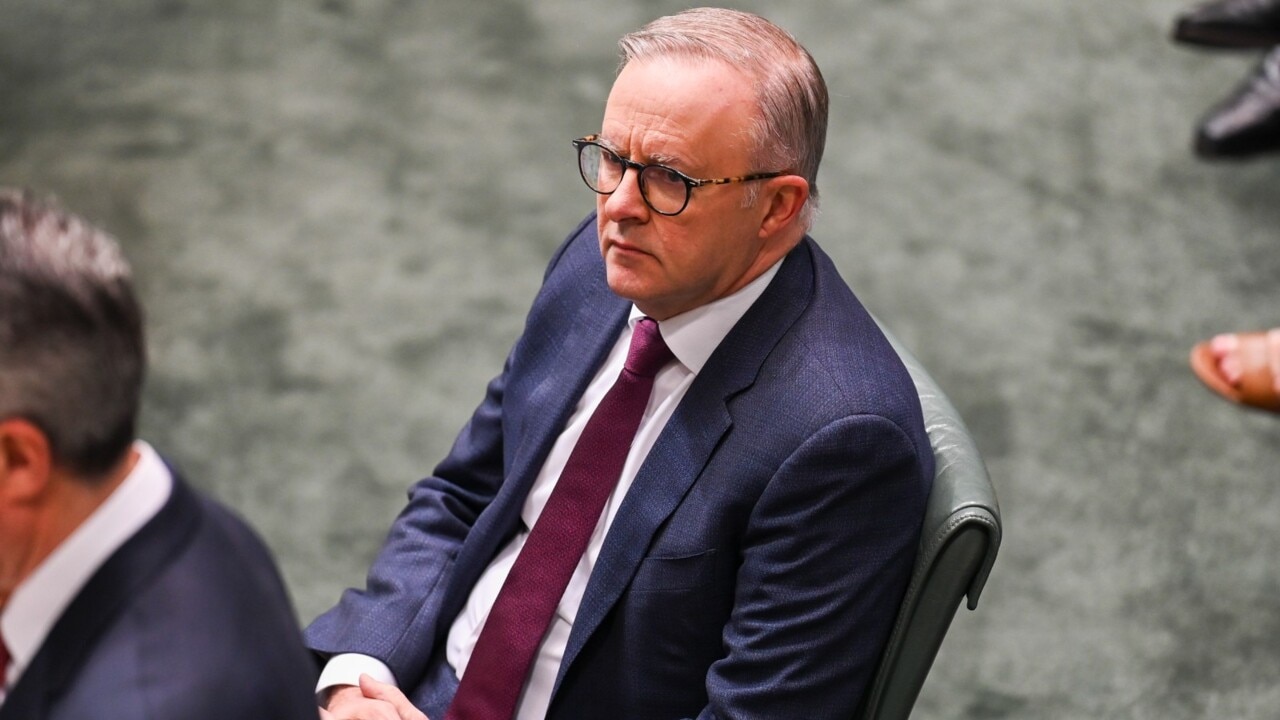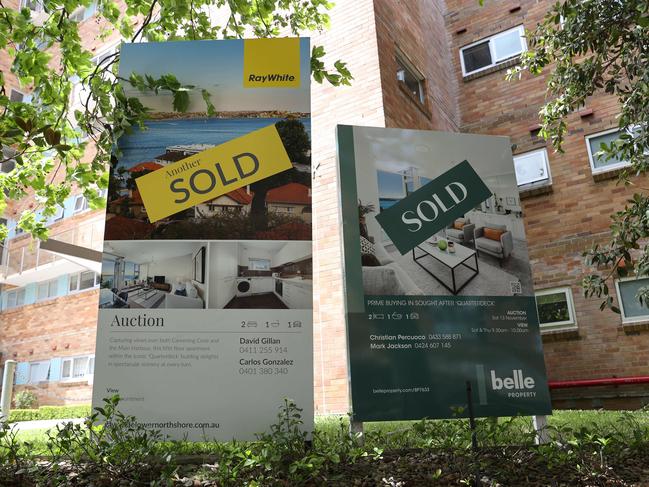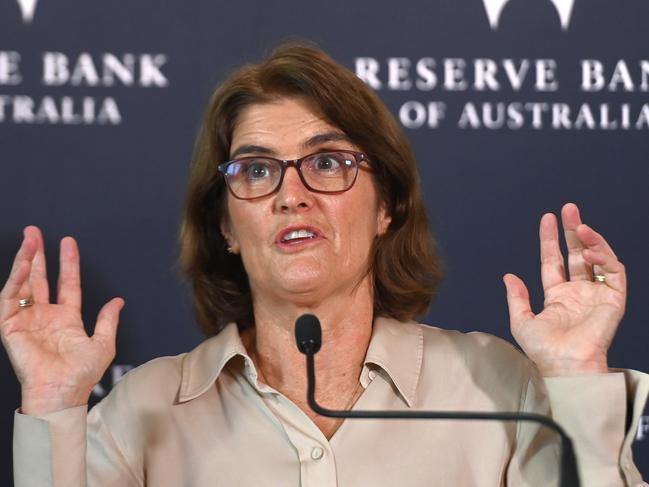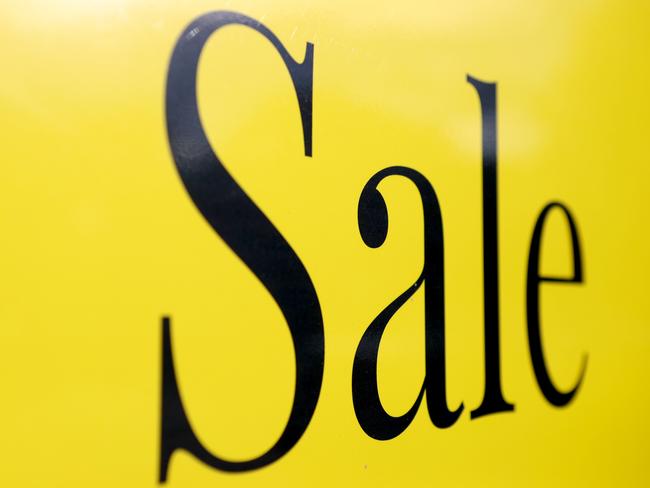‘Forced to sell’: Under stress mortgage holders hanging on for RBA call as experts split on August rate hike
An alarming number of mortgage holders might need to sell their home, should interest rates stay elevated into next year, new research has revealed.

Banking
Don't miss out on the headlines from Banking. Followed categories will be added to My News.
More than 150,000 homeowners could be forced to sell if interest rates stay high into 2025, new research has revealed.
In the face of an uncertain Reserve Bank cash rate cut before the New Year, and more uncertainty as to if banks would pass on an interest rate cut, one in ten mortgage-bearing households might need to switch their loans to paying interest only, and 165,000 households would need to sell up, the survey finds.
These are only some of the drastic steps Australian mortgage holders are planning should the cash rate stay at, or rise above, 4.35 per cent, according to Finder’s May Consumer Sentiment Tracker.

If interest rates stay high into 2025, 11 per cent of respondents say they “would have to” pay back only interest on their mortgage.
According to the Bureau of Statistics, about 3.3m Australian households have a mortgage.
Should rates stay at current levels into 2025, 165,000 households “would have to sell”, the survey found.
Similar numbers of respondents said they would need to borrow money to make mortgage repayments, rent out a room or ask the bank for a repayment holiday.

Finder personal finance adviser Sarah Megginson said many mortgage holders waiting on a rate cut “have found themselves hung high and dry”.
“Many homeowners are stretched so thin financially, they’re facing the prospect of having to sell their home, or they’re turning to loved ones for support with paying their bills,” Ms Megginson said.
“With interest rates projected to remain high until next year – and some even calling for a hike in August – mortgage holders could be waiting longer than they expected.”
The ASX indicator for an increase at the next RBA meeting tipped over 85 per cent last week, settling to a 75 per cent chance of a hike by stumps on Friday.

VanEck head of investments and capital markets, Russel Chesler, thinks Australia’s central bank did not go as hard with rate rises as other developed economies, so inflation was running out of control.
The ever-pressing focus on cost of living, inflation and interest rates has forced the federal government to push back a “wellbeing budget” format, The Australian reported, which tracks more human aspects of Australian life.
“This has quite significantly reshaped the conversation in New Zealand about the budget and the economy,” the Treasurer has said of Aotearoa and Jacinda Ardern’s “wellbeing budgets”.
Australian mortgage stress hit highs for the year in January and February after the RBA hiked
rates in November 2023.

Stress rates diminished somewhat through the first half of this year; but about 1.5m mortgage holders (30 per cent) are at risk of mortgage stress. That is paying more than (a variable) percentage of income on their mortgage, dependent on expenses.
The number of Australians at risk of mortgage stress has increased by 753,000 since May 2022, when the RBA began a cycle of interest rate increases, Roy Morgan research states.
Employment data this week shows the unemployment rate barely nudged up 0.1 per cent to 4.1 in June. Many economists believe unemployment needs to be half a percentage point higher for inflation to cool.
Originally published as ‘Forced to sell’: Under stress mortgage holders hanging on for RBA call as experts split on August rate hike



